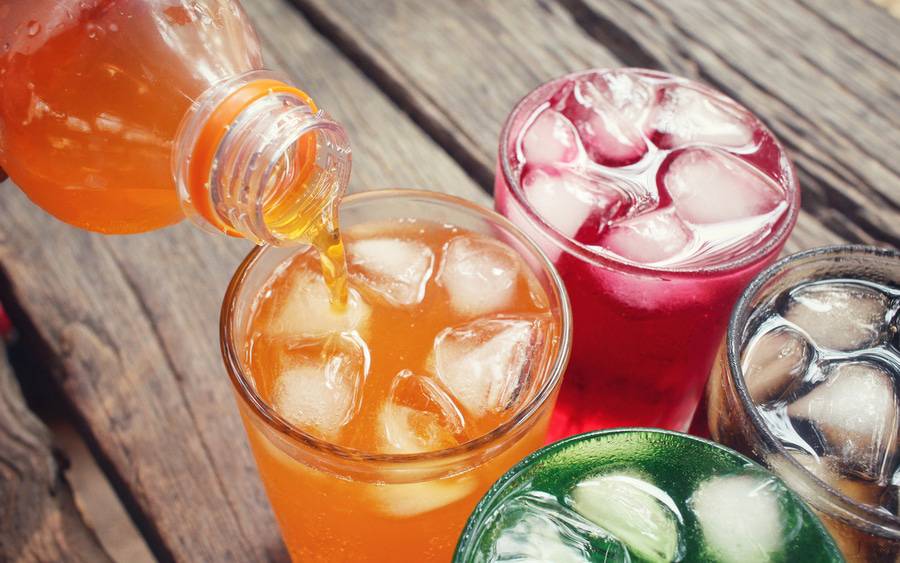Rising Sugar-Sweetened Beverage Consumption
A concerning trend has emerged on the global stage: the escalating consumption of sugar-sweetened beverages (SSBs) among adults. A recent comprehensive study, published in Nature Communications, scrutinized SSB consumption patterns in 185 countries over nearly three decades, from 1990 to 2018. This study sheds light on a pressing public health problem and underscores the pivotal role of diet and beverage choices in health outcomes.
The Impact of Unhealthy Dietary Habits
It is well-established that unhealthy dietary habits are closely associated with a range of health conditions, including obesity, malnutrition, cardiovascular disease, cancer, and diabetes. Sugar-sweetened beverages, with their high sugar content, have been particularly implicated in contributing to these health issues. However, the lack of national estimates on SSB consumption has impeded the development of effective interventions and the targeting of at-risk populations.
Tip: Please fill out this form to determine whether or not you or a friend are eligible for Continuous Glucose Monitors and, Also learn about Blood Glucose Monitors
Study Overview
This study conducted a thorough analysis of SSB consumption trends among adults aged 20 and above across 185 countries. The data was sourced from the Global Dietary Database (GDD), offering insights into subnational variations based on factors such as age, education, gender, and urban or rural residence. SSBs were defined by their caloric content and included soft drinks, fruit drinks, energy drinks, lemonade, punch, and aguas frescas. Non-caloric artificially sweetened beverages, 100% fruit and vegetable juices, and sweetened milk were excluded from the analysis.
Also Read About Glucose management in noncritical care hospitals
Key Findings
The implications of this research are significant for public health policies and interventions, given the adverse health effects associated with high SSB consumption. These findings can inform guidelines, interventions, and policies aimed at limiting SSB intake to recommended levels, including the implementation of measures such as warning labels, taxes, nutrition education, and marketing standards.
Read Guide about Wegovy Dosage Guide: The Best Way For Weight Loss
The study uncovered a global increase of 16% in SSB consumption from 1990 to 2018, although there was a noticeable slowdown in the rate of increase between 2005 and 2018. Regionally, there were striking variations, with Sub-Saharan Africa experiencing the most substantial increase (41%) between 2005 and 2018. In contrast, Latin America/Caribbean and high-income countries demonstrated decreasing trends in SSB consumption from 1990 to 2018.
Must Read About Alpelisib Treatment Linked to High Blood Sugar in Breast Cancer Patients
Age, gender, and urban/rural residence emerged as influential factors in Sugar-Sweetened Beverage consumption trends. Younger adults, in specific regions, were identified as the highest consumers of SSBs. Additionally, in certain regions, rural areas exhibited higher SSB intake than urban areas. Education level and socioeconomic status also played unique roles in shaping consumption patterns.
The study uncovered a correlation between the sociodemographic development index (SDI) and SSB intake, indicating national-level disparities in SSB consumption.
Conclusion
The findings of this study underscore the global rise in SSB consumption, with vulnerable subgroups, including younger adults and those with lower education levels, showing heightened intake. Addressing these disparities through targeted policies and interventions is crucial to mitigate the global burden of health issues linked to SSB consumption.
This study lays the groundwork for future analyses and the formulation of policies aimed at tackling the health challenges associated with SSBs. It is imperative that nations worldwide take concerted action to curb the escalating consumption of sugar-sweetened beverages and promote healthier dietary choices.


